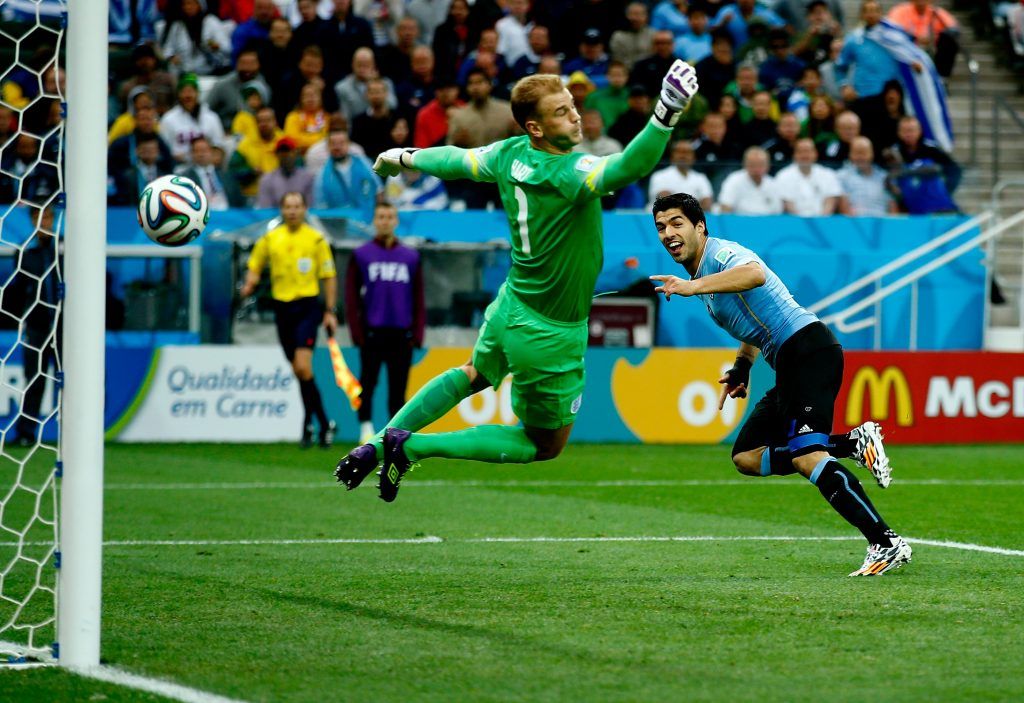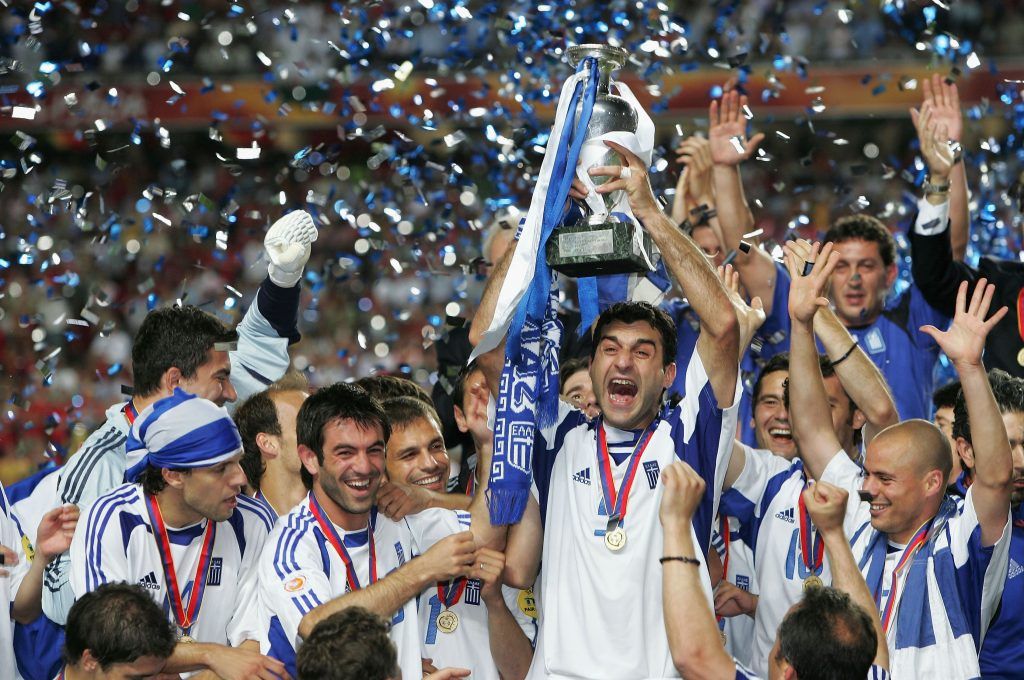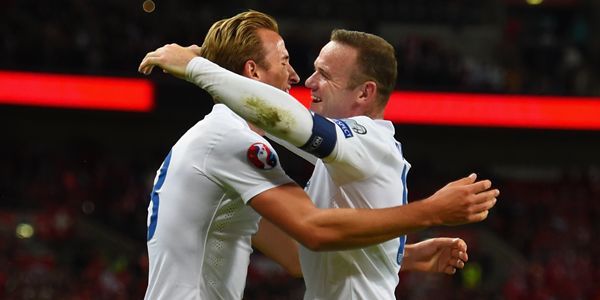After England were knocked out of the World Cup in Brazil, Roy Hodgson reflected on the manner of his side’s exit from the tournament.
England had lost to Italy in their opening game, and had then been torn apart by the genius of Luis Suarez when they played Uruguay.
“All of a sudden,” Hodgson said, “you’ve lost two and you’re out of the competition before you’ve even started.”
Hodgson made England’s failure sound like some bewildering and arbitrary act, as if he had just bought a 99 as he embarked on an evening stroll along the pier, only for a seagull to snatch it out of his hand.
Two years ago, it didn’t really matter. England were preparing for other competitions, building towards something in the distance.
The future has always been Hodgson’s happy place. Before his first tournament as England manager four years ago, he looked beyond that competition. “I have my sights fixed firmly on the future,” he said.
The future then wasn’t the World Cup which followed, with England exiting to muted and restrained criticism, but somewhere even further off, somewhere that looked a lot like 2016.
This summer, the future has arrived for Hodgson’s England. It may not be even possible to manage expectations much longer, even if managing expectations has always been central to Hodgson’s belief system.
When he named his squad on Monday, Hodgson provided what might have to pass for a rallying cry.
“When you go into a tournament you have to go with the desire and hope you’re going to win.”
By Hodgson’s standards, this was Ally MacLeod standing on the runway and promising to return home with the World Cup. Here he was daring to dream, although it turned out he was dreaming the way only the way the hopeless can dream.
“If you asked the bulk of the 24 teams taking part, I don’t think you’d find many who’d say we’re going to make up the numbers.
“Nobody expected Denmark to win it in ’92; nobody expected Greece to win the Euros as well; no-one expected Leicester to win the league. Everyone’s got to have that hope, everyone’s got to have that dream, everyone’s got to have that thought in their mind of ‘who knows?’. If we really play well, do our best and produce the type of football we can produce, which we’ve shown in quite a few games recently, who knows where that will lead us.”
England, just like Iceland, Northern Ireland and the rest who have qualified for the expanded competition could hold onto the crazy dream that this could be their year. They could be sustained by the thought of the unlikely heroes who had been victorious in the past.
Denmark were holidaying on the beach before Yugoslavia were disqualified. Greece were 150/1 to win the 2004 competition. Leicester, as you might have heard, were 5000/1 to win the Premier League. England are 9/1, the fourth favourites behind France, Germany and Spain to win the European Championships.
But for Hodgson, his side will always be the little guy, the plucky outsider who, if everything goes their way and they haven’t lost two matches before they’ve even started, might even have an outside chance.
Next month it might be different. If Hodgson wants to remain as England’s manager after the European Championships, England will have to surpass his own low expectations rather than simply match them.
This has always appeared to be the flaw in the Hodgson approach. He has managed to do a lot of good as England manager in reshaping the response to England’s defeats.
England picked up one point at the World Cup two years ago – a scoreless draw against Costa Rica when the world was watching Suarez against Italy – but this failure brought restrained criticism, a recognition that England had to change, and if the first change was not going into every tournament expecting they could win it, so be it.
“It bodes well for the future,” Hodgson said after the loss to Uruguay in 2014, a game in which he said England had kept Suarez quiet during general play only for his two goals to defeat them, as if they had been undone by some arcane clause in the terms and conditions which no reasonable person could have anticipated.
hodgson: "we controlled suarez well, for long periods we kept him very quiet." in 1978, no-one died. in 1979, no-one died. in 1980…
— Ken Early (@kenearlys) June 19, 2014
Hodgson has been the perfect manager to take England away from that arrogant misapprehension, but whether it makes his teams perform more successfully remains to be seen. Without as much expectation, they did nothing two years ago, but this year that won’t be an option.
After their victory against Germany in Berlin in March, it seemed that England’s energetic young side could release their exciting potential in France.
With Harry Kane and Jamie Vardy upfront and Dele Alli in midfield, England have players who could captivate in France, even if the old vulnerabilities remain. Eric Dier will provide cover for the three centre-backs in Hodgson’s squad, but England may end up being more troubled if he starts in midfield.
Hodgson might have been dwelling on those weaknesses when he made his comments, but it was his deep-rooted instinct as well.
“When you raise expectations and have high hopes, your fear of failure is always going to be a factor,” he said in 2012.
It is the hope that Hodgson can’t stand, but hopelessness can be defeating too. England go into the tournament with lowered expectations. Yet the danger always with Hodgson is that, in managing expectations, he doesn’t release his team from the fear of failure, but instead delivers a self-fulfilling prophecy.








































